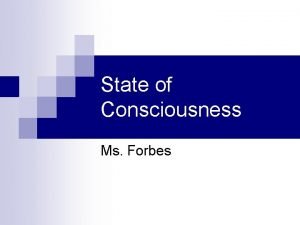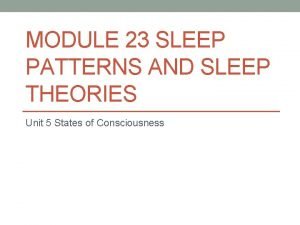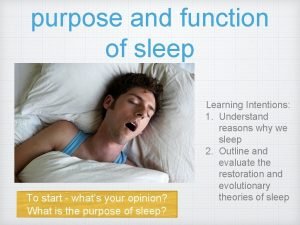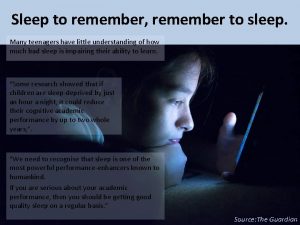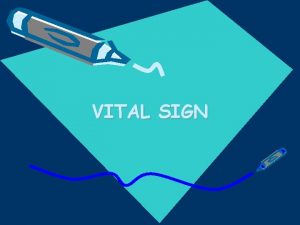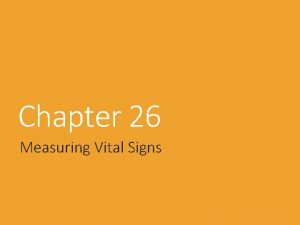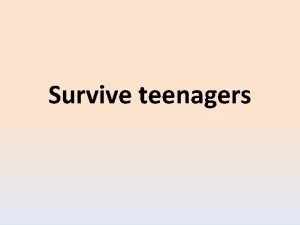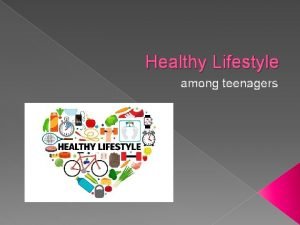Teenagers and Their Sleep Sleep plays a vital








- Slides: 8

Teenagers and Their Sleep

�Sleep plays a vital role in good health and well-being throughout your life. Getting enough quality sleep at the right times can help protect your mental health, physical health, quality of life, and safety.

FACTS: � Sleep is vital to your well-being, as important as the air you breathe, the water you drink and the food you eat. It can even help you to eat better and manage the stress of being a teen. � Teens need about 9 1/4 hours of sleep each night to function best (for some, 8 1/2 hours is enough). Most teens do not get enough sleep — one study found that only 15% reported sleeping 8 1/2 hours on school nights. � Teens tend to have irregular sleep patterns across the week — they typically stay up late and sleep in late on the weekends, which can affect their biological clocks and hurt the quality of their sleep. � Many teens suffer from treatable sleep disorders, such as narcolepsy, insomnia, restless legs syndrome or sleep apnea.

Age and condition Sleep Needs Newborns (0– 2 months) 12 to 18 hours Infants (3– 11 months) 14 to 15 hours Toddlers (1– 3 years) 12 to 14 hours Preschoolers (3– 5 years) 11 to 13 hours School-age children (5– 10 years) 10 to 11 hours Teenagers (10– 17 years) 8. 5 to 9. 25 hours Adults, including elderly 7 to 9 hours

CONSEQUENCES: Not getting enough sleep or having sleep difficulties can: � Limit your ability to learn, listen, concentrate and solve problems. You may even forget important information like names, numbers, your homework or a date with a special person in your life; � Make you more prone to pimples. Lack of sleep can contribute to acne and other skin problems; � Lead to aggressive or inappropriate behavior; � Cause you to eat too much or eat unhealthy foods like sweets and fried foods that lead to weight gain; � Heighten the effects of alcohol and possibly increase use of caffeine and nicotine;


SOLUTIONS: Make sleep a priority; � Naps can help pick you up and make you work more efficiently, if you plan them right. � Establish a bed and wake-time and stick to it, coming as close as you can on the weekends. � Try to avoid the TV, computer and telephone in the hour before you go to bed. � If you do the same things every night before you go to sleep, you teach your body the signals that it’s time for bed. � No pills, vitamins or drinks can replace good sleep. Consuming caffeine close to bedtime can hurt your sleep, so avoid coffee, tea, soda/pop and chocolate in the day so you can get to sleep at night. Nicotine and alcohol will also interfere with your sleep. �

Sources: � http: //www. slideshare. net/scott 3 a/poor- sleep-in-teens-3317448 � http: //sleepfoundation. org/sleeptopics/teens-and-sleep/page/0%2 C 4/ � http: //en. wikipedia. org/wiki/Sleep � http: //healthysleep. med. harvard. edu/healthy /science/what Miloiu Alexandra Ioana
 Mortality play
Mortality play Adults spend about ______% of their sleep in rem sleep.
Adults spend about ______% of their sleep in rem sleep. Volúmenes pulmonares
Volúmenes pulmonares Module 16 sleep patterns and sleep theories
Module 16 sleep patterns and sleep theories Module 23 sleep patterns and sleep theories
Module 23 sleep patterns and sleep theories Module 23 sleep patterns and sleep theories
Module 23 sleep patterns and sleep theories Sonnet 39 sir philip sidney analysis
Sonnet 39 sir philip sidney analysis Lack of understanding in relationship
Lack of understanding in relationship An introduction to romeo and juliet
An introduction to romeo and juliet

